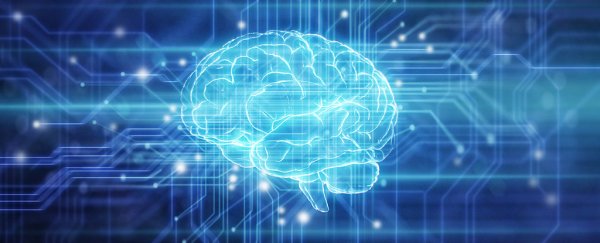Artificial intelligence (AI) refers to complex software that performs tasks in a way similar to human brains, often by sensing and responding to a feature of their environment. This could mean learning to solve problems in unexpected ways, recognising the nuances of speech, or exhibiting some form of human-like creativity.
Just as no single quality defines human thinking, no clear line differentiates more basic computer programs from AI. It can be thought of more as an ideal than a category - using our own penchant for learning and problem solving to inspire new technology and answers to some of our biggest and most complex questions.
Are there different kinds of artificial intelligence?
There are many different fields of AI, including 'robotics', but one of the most commonly known forms is referred to as 'machine learning'. This involves a program applying known information to new experiences and 'learning' how to take this historical information and its experiences into account in future actions.
Machine learning can find patterns in large amounts of data that humans might otherwise miss.
Advanced machine learning is often described as 'deep' learning. While based on the human brain, these machines could one day exist on a whole other level, outsmarting us like we outsmart chimps. Programs are expected to not just learn patterns, but make decisions that will lead to new avenues for learning that aren't anticipated by the programmer. This could involve creating novel art pieces after analysing a library of paintings, or coming up with a new game after playing through a history of computer games.
The use of AI, however, could also be more insidious. Prominent figures like Stephen Hawking and Elon Musk have been warning about the inevitable and imminent risks of AI for years. They're concerned it could soon become super intelligent and find it no longer has a need for us humans.
More than 100 leaders and experts on AI have urged the United Nations to ban killer robot technology for fear of what it could ultimately do.
Others, however, argue the biggest threat from AI will continue to be how humans choose to use it.
Even seemingly innocuous forms of advanced AI can be used maliciously. Recently, computer scientists had to scale down a "chameleon-like" language prediction system saying it was too dangerous to release to the public.
AI is already changing the world in ways we couldn't imagine just a few decades ago. But it's up to us how it shapes the future.
All Explainers are determined by fact checkers to be correct and relevant at the time of publishing. Text and images may be altered, removed, or added to as an editorial decision to keep information current.
